Description
Agricafé was established in 1986 and is a family business that manages 12 of its own farms as well as smallholder coffee from across Caranaví and Samaipata. Their smallholder program, “Sol de Mañana”, began in 2013 with 10 small producers and a curriculum focused on nursery and farm management, and specialty harvesting. Organic fertilizers were made available to participants at half price and each individual coffee tree was tracked for pruning, inputs, productivity and picking. This granular attention to detail forced previously passive producers to take charge of their productivity and quality. When the first commercial harvest was sold in 2017, the success of the program attracted more producers. It currently has 100 contributing farms and average production has increased from 3 bags per hectare to more than 20, with qualities better each year.
All coffee from “Sol de Mañana” producers is processed centrally by Agricafé on their own processing sites. Participating farms across Caranaví average between 2-5 hectares and all harvesting is managed by family labor. At Agricafé, cherry is delivered each evening and carefully inspected—central to Agricafé’s curriculum and small farm success is quality of harvest, so a sack-by-sack inspection is performed for each farmer’s delivery. Cherry is depulped and fermented for 16 hours, washed, and then dried mechanically in slowly-rotating drums.
This is a peaberry lot is culled from the overall Sol de Mañana harvest, another example of diversity in the small farmer group’s portfolio.
Tasting Notes: Lighter roasts show strong and sweet lemony floral acidity balanced with a clean and smooth nutty undertone. A great balance and clean as a whistle, a lovely highly rated cup. Only those who traditionally like higher acidity cups should roast it lighter, very good but not for everyone. A nice medium/dark roast (full city) will let everyone enjoy this cup, not only the more acidic coffee fans. As the roast progresses one can flip the tones and accentuate the more sweet nutty and chocolaty fuller bodied aspects of the bean, retaining just a hint of acidity. A nice medium roast has a chance of a little caramel like sweetness that is overpowered both lighter or darker roasted.
Roasting Notes: This is a denser peaberry that can take a little higher heat, may need a slight reduction in batch size on some air roasters to get good movement. Slightly two toned in its roasting but shouldn’t be problematic, make sure everything is through first crack for a lighter roast. Look for just a slight sheen on the surface (not wet looking oil) for a less sharp and more easy to drink cup.
Bolivia is South America’s only landlocked coffee producing country, and is the smallest exporter of coffee on the continent. The quality of that coffee, however, is hardly lacking in diversity or beauty. Bolivia’s terrain and geography is gifted for arabica production, particularly throughout its greater Yungas region (Yungas is Aymara for “warm lands”), whose mountain ranges connect the low and humid Amazonian basin to the dry Andean altiplano above. The most productive municipality in the Yungas is by far Caranaví, where 85-90% of Bolivia’s specialty coffee has continued to thrive over the decades. Caranaví’s landscape is steep, cloudy, rugged, and remote, with natural forest making up more than 90% of the territory.
Coffee farms in this high and tropical climate tend to be well-managed but small, challenged by isolation and lacking in long-term industry support. Bolivian growers still often don’t have processing equipment or transportation of their own, a massive hurdle in such territory. Biodiversity, soil health, elevation, and progressive leadership in Agricafé all work undeniably in coffee’s favor. Yet, facing each and every Bolivian coffee, especially the best ones, is one of the most strenuous overland transits in the coffee world, passing elevations of 4000 meters over the top of the Andes and west to the port of Arica on Chile’s coast. The country’s low production, select few producer groups in the specialty game, and formidable logistical challenges, means each and every arrival is something to be cherished.

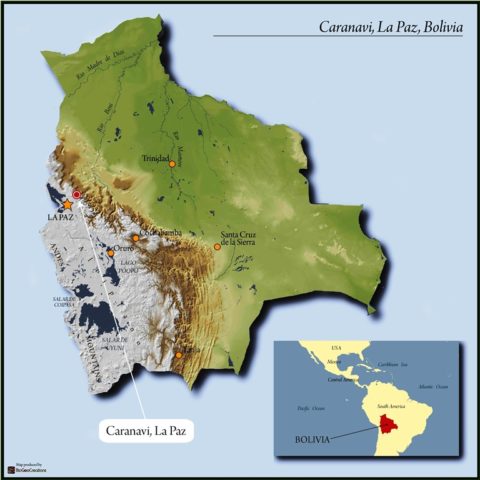
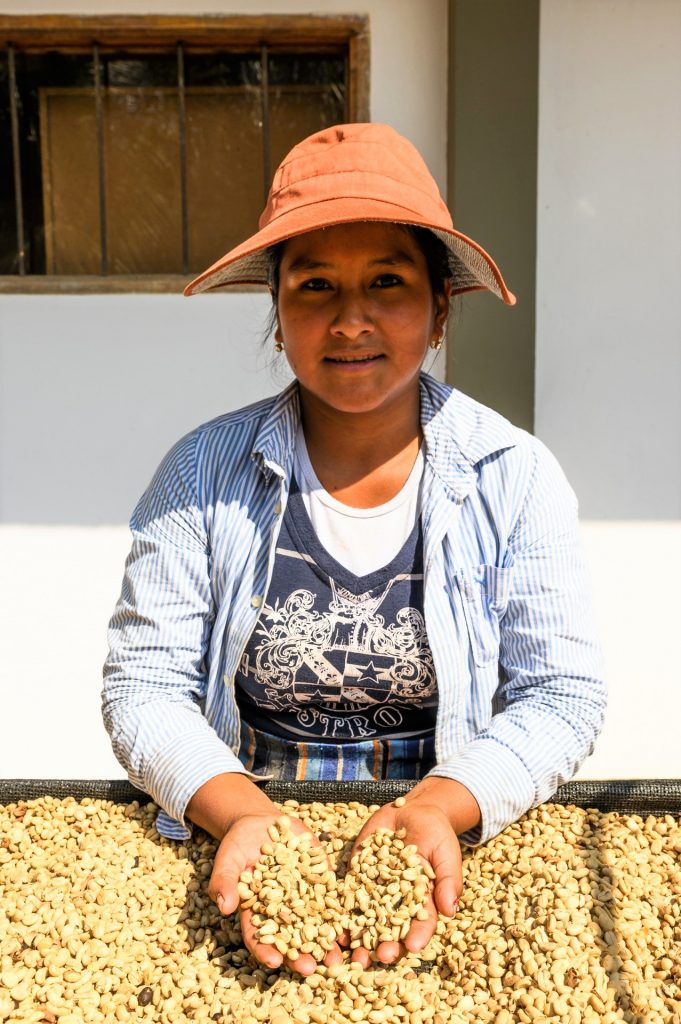
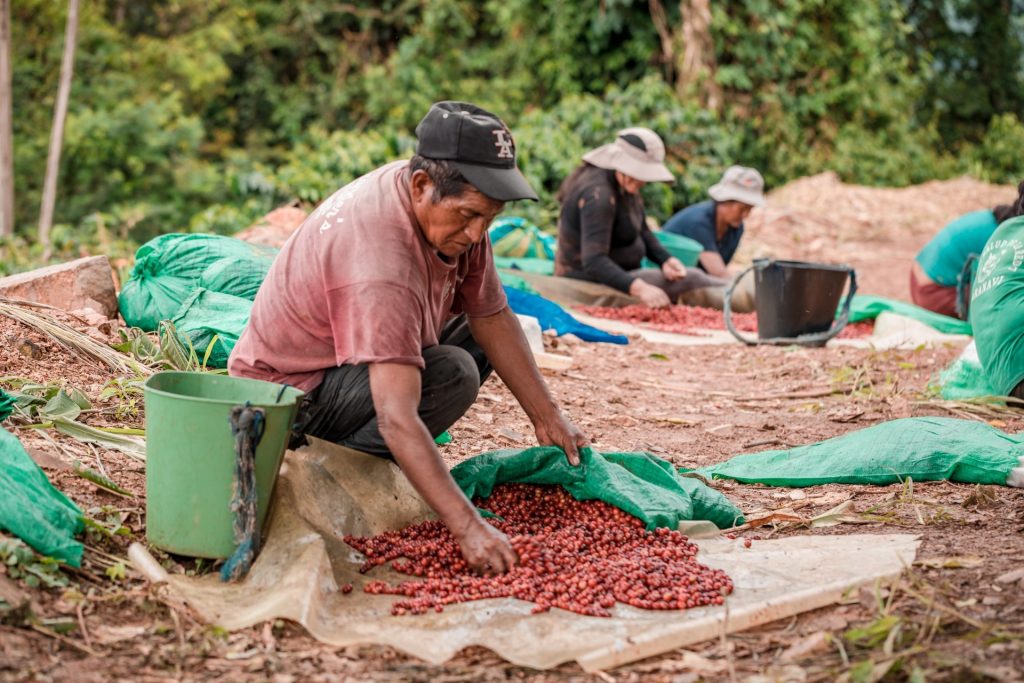
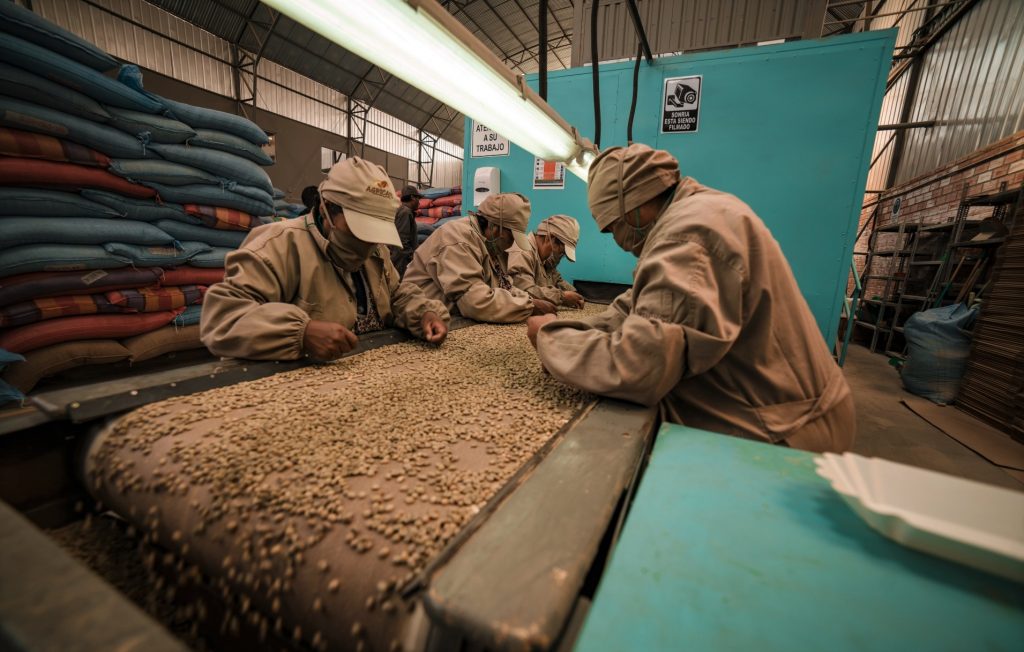
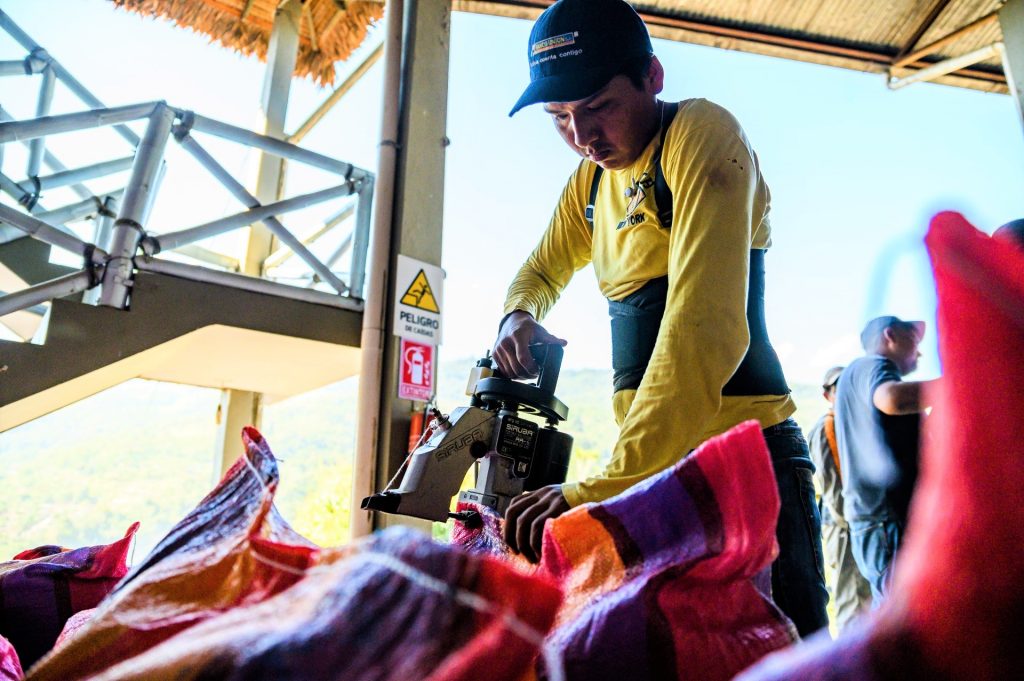

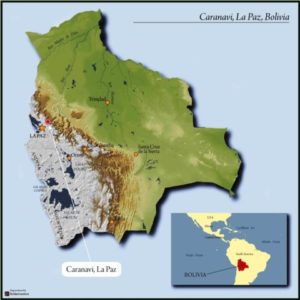
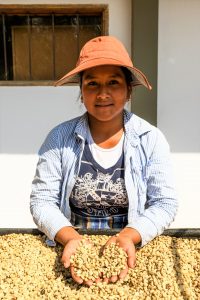
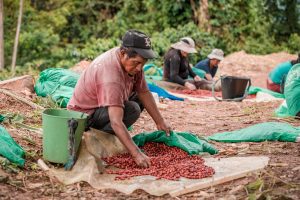
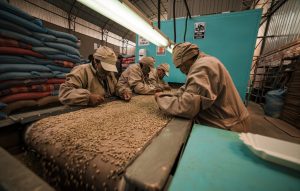
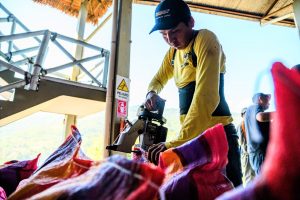
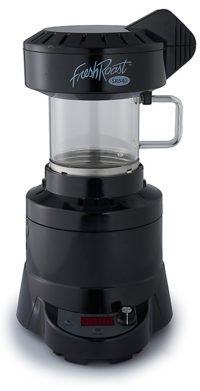
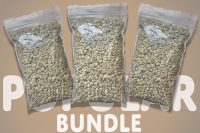


Reviews
There are no reviews yet.